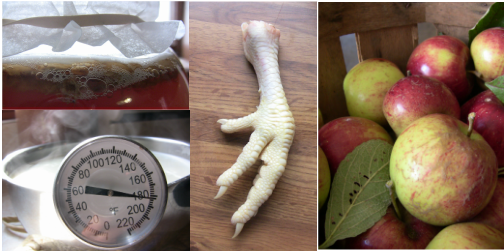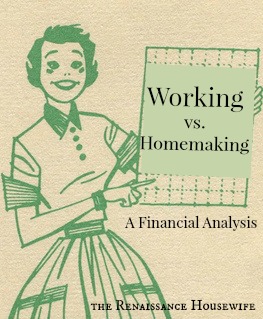I'd had the twitch for about a week, off and on. It's caused by eyestrain; mostly two things: 1) lack of sleep, and 2) too much screen time. I decided that it was time for a screen-free day. That meant no phone, no computer.
Find More Time in Your Day
What I instantly noticed- like, before 9:00 am- is how much extra time I seemed to have. Every so often I would start walking over to the computer, then I'd turn away and have to do something else. During the morning I fed my goats, cleaned up, read a book and ate breakfast. Then I made a 2-for-1 meal- stroganoff rice for lunch, and a lamb roast, potatoes and carrots in the crock pot for dinner.
After lunch, I looked up at the clock and it was not even 1:00 pm yet. I wondered how many minutes I would have spent at the computer that morning to "look things up", had I opened another tab every time I felt like it. I probably felt this urge at least once every hour, and if I spent a conservative 15 minutes looking up a recipe, looking for podcasts, checking Facebook, checking email.... that is 25% of my morning, gone like that.
Eliminating Interruptions
Another thing my screen-free day allowed me to do was FOCUS. I realized that I've been using the internet and my phone as a kind of "break time"/procrastination after I accomplish each and every task, instead of just moving to the next thing on my to-do list.
During the afternoon, I cleaned up lunch, collected eggs, did the dishes, and read a book. Then I read a different book. And another different book. I looked up and it was only 3:00 pm. So much time left!! I remembered that I wanted to make some puff pastry for the freezer, so I did that. Then I still had time left, so I decided to mop the floor and do some other cleaning. Read some more. Hubs came in early from work because he wanted to do some errands before we went to church music practice. "Will you be ready in 45 minutes?" he asked.
"Sure." I said. "I have dinner ready if you want to eat before we go."
"Perfect!" he said. He had a couple things to do outside, then came in about 10 minutes later and we had a nice, leisurely dinner before heading into town... early.
Books Are Enough
The last thing I realized is how much I appreciate physical books and I need to be reading them more them blogs or pithy little articles shared on Facebook. What I spend much of my time doing on the internet is "looking things up", or researching. However, using Pinterest and Google for research is actually very, very time consuming.
Reading answers to goat questions on forums, for example, is very redundant and you get the same answer about 10 times over, but even though I have my answer I don't have any background information to the questions. It's like getting the answer to a math question without doing the math. If I google "what to do if my goat won't eat", I get a million answers but I haven't done the background research to discover why my goat won't eat. Yesterday I got to read a good portion of The Goatkeeper's Veterinary Book that I ordered. Now I have a better understanding of different problems that can arise (BEFORE they've happened to me!), and I'll be able to answer questions without turning to a screen for help. I feel like a better goat keeper for having read the book, but when I read goat forums I don't feel informed in the same way.
One interesting thing that happened while I was reading: I read a tidbit in one book about Eleanor Roosevelt. "I would like to read more about her life," I thought to myself. Then I remembered that I had in my possession another book with a short biography on each First Lady. After I had finished the chapter in the first book, I found my First Lady book and read about Eleanor Roosevelt there instead of turning to Wikipedia, which no doubt would have led me on several researching rabbit trails and took far more of my time.
For those of you compulsive "looker-uppers" like me, know that for the most part, books are enough. Reading books (as opposed to short, pithy articles) will give you a deeper understanding of a wide ranch of topics, and you will feel more able to deal with circumstances as they arise.
During the time that I was earning an income, I invested in many high-quality textbook-style reference books, centered around my interests. These will be more than enough to provide a quality learning experience for me, WITHOUT the time-wasting and eye twitch that comes from spending hours on the internet trying to sort the useful from the not-useful. If you are a researcher, invest in yourself by purchasing books or borrowing from the library, and further invest in yourself by giving yourself a Screen-Free Day every once in a while in order to read those books.
Conclusion & My Challenge
Based on my findings from Screen-Free Thursday, I'll be attempting to limit my computer time to 30 minutes a day, or an hour on days that I write. I realize that being an writer, it will be difficult to limit screen time. However, it will be easy to limit internet time, and that I will for sure limit to 30 minutes. This will be more than enough to check social media, use my favorite phone apps and keep up with my two favorite blogs, every week.
To handle my unavoidable Google questions, I'll keep a piece of paper on the table and write down anything that might come up. Then during my computer time, I'll look those things up in an efficient manner, without going on rabbit trails.
Have you tried having a Screen-Free Day? Could you really use a Screen Free-Day? I challenge you to treat yourself to one!
-Bethany
P.S. Screen time today is 48 minutes so far. Not bad for writing this whole article!
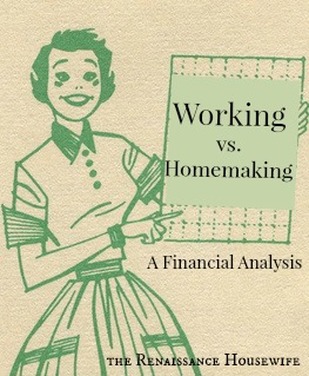
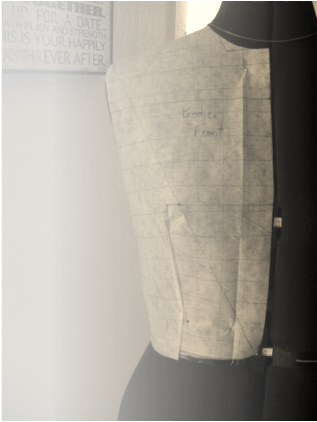




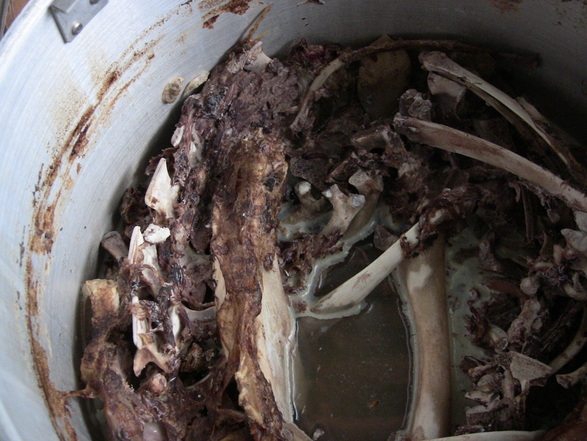
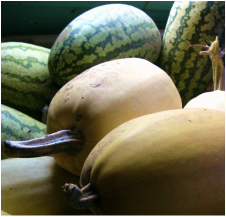


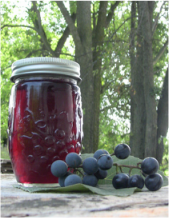
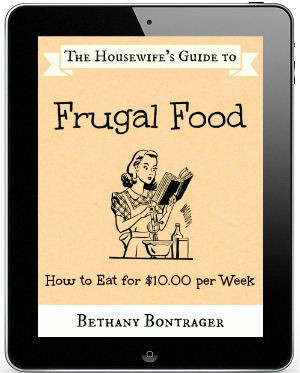
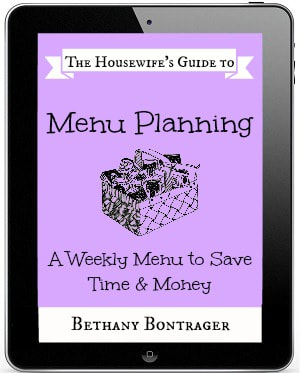
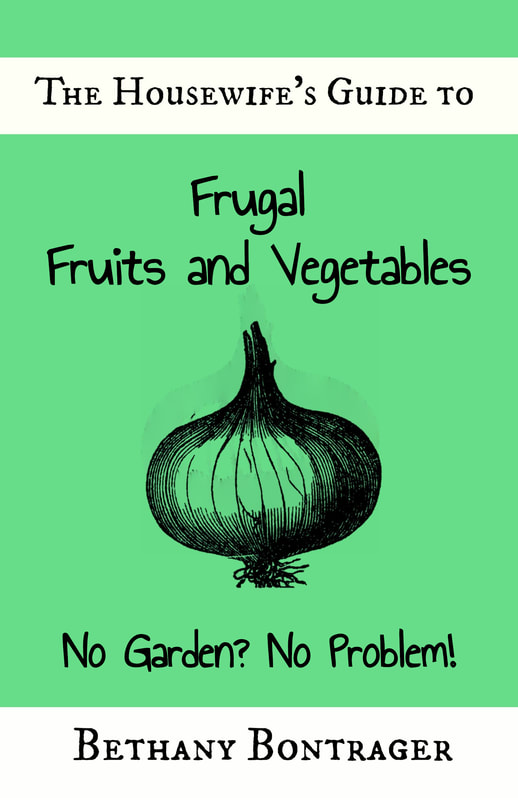

 RSS Feed
RSS Feed

